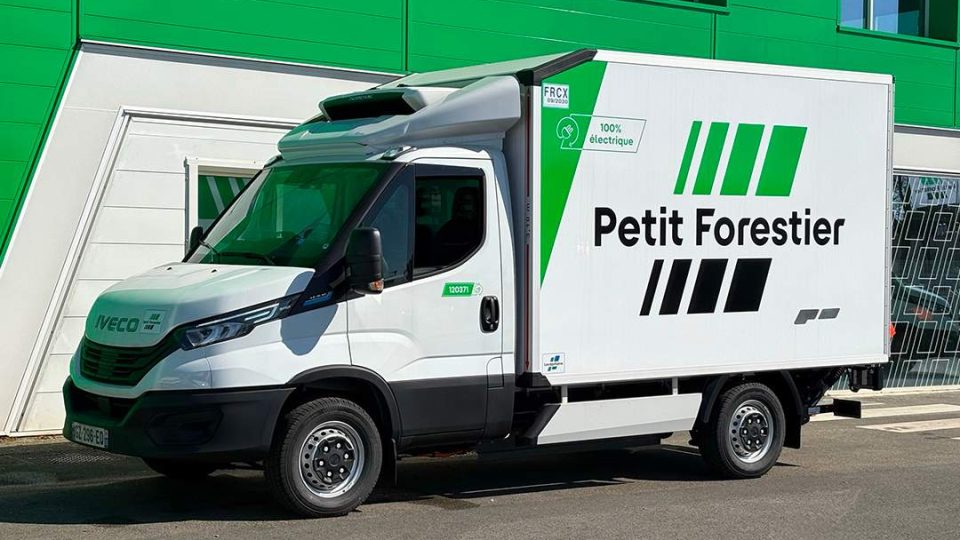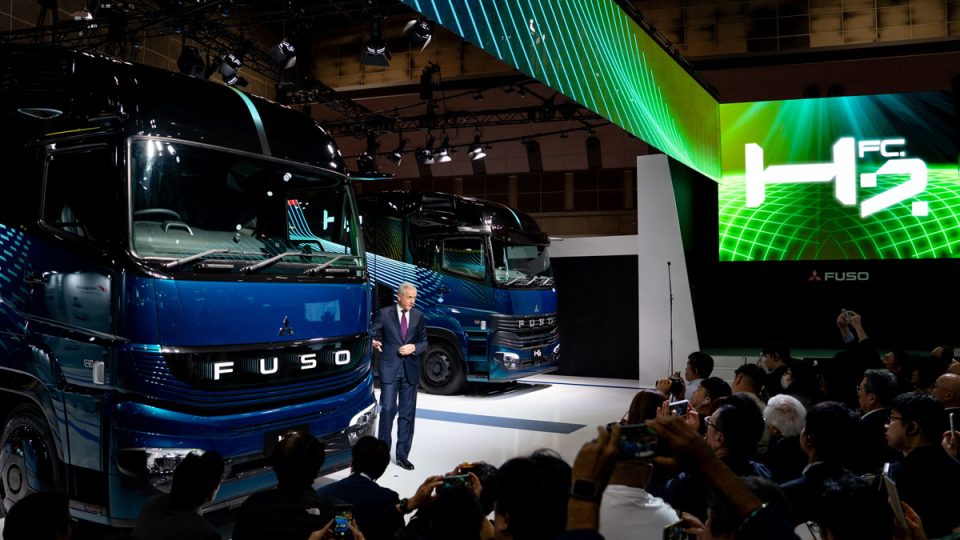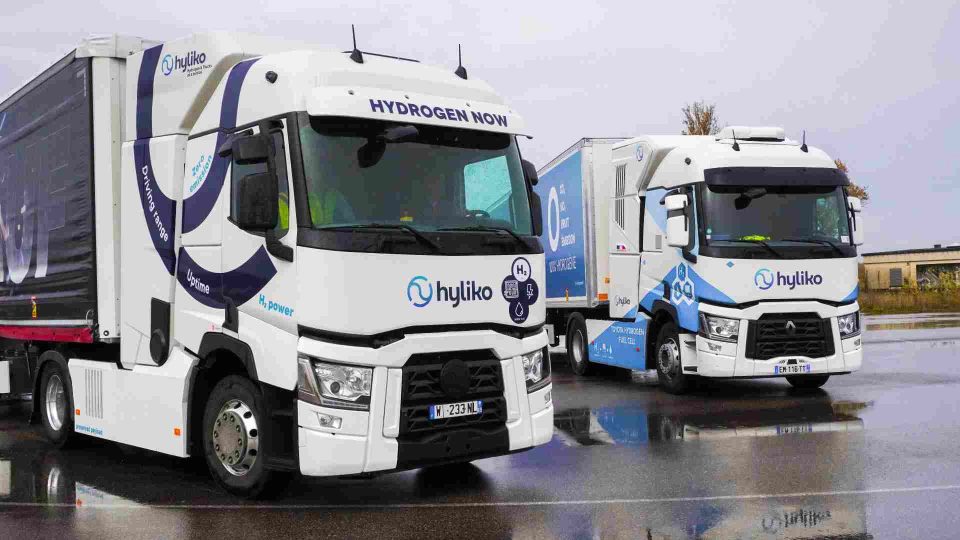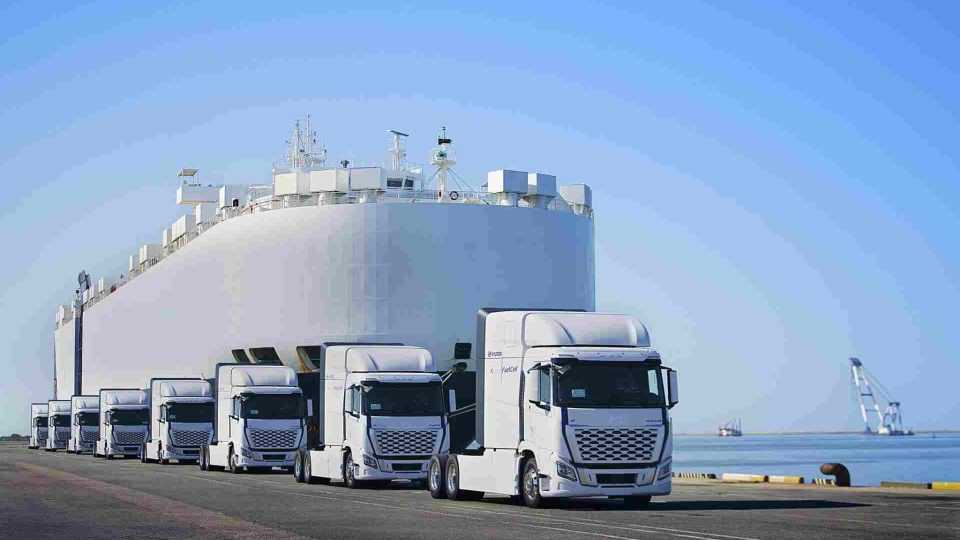Hyzon Motors received huge order from China: up to 500 hydrogen-powered trucks
Under the non-binding MoU with HongYun Automotive, the initial order of 100 vehicles is expected before the end of 2021 while the other 400 vehicles will be ordered in 2022.
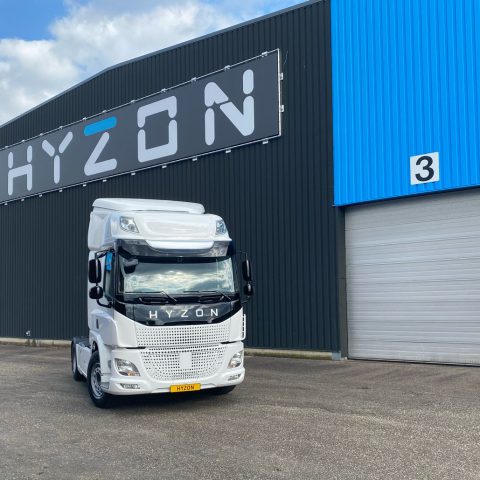
Hyzon Motors will supply up to 500 hydrogen fuel cell electric trucks to Shanghai logistics company HongYun Automotive. The order follows a MoU. According to the companies involved, trucks are expected to be delivered between 2021 and 2022. Under the non-binding MoU, the initial order of 100 vehicles is expected before the end of 2021 while the other 400 vehicles will be ordered in 2022.
Hyzon Motors’ hydrogen-powered trucks
As proven by some of our latest posts, Hyzon Motors is pushing on hydrogen development indeed: a milk truck built on a Class-8 DAF truck chassis was delivered in the Netherlands, while after joining the HyTrucks program Hyzon promised to play a primary role to achieve the target of 1,000 hydrogen-powered trucks working in Europe by 2025.
HongYun Automobile focuses on providing logistics solutions primarily through hydrogen-powered fuel cell electric vehicles. The company provides operation, leasing and maintenance service for customers across the country, including one of the world’s largest steelmakers.
China first (as for hydrogen fuel cell technology)
«Hydrogen fuel cell technology has been adopted more quickly in China than in the rest of the world», said Hyzon CEO Craig Knight (here an interview to sustainable-bus.com, a website belonging to our network). «This allows Hyzon to begin the critical work of decarbonizing the environment, while building experience, capacity, and expertise which will be applied globally».
Hydrogen, which is converted to electricity through a fuel cell with no tailpipe emissions, powers the vehicle through fuel cells that are compact, powerful and uniquely suited for long haul and high utilization back-to-base transport. Hydrogen fuel tanks can be refilled as fast as diesel tanks, a distinct advantage over batteries that typically take at least twice as long to recharge.




